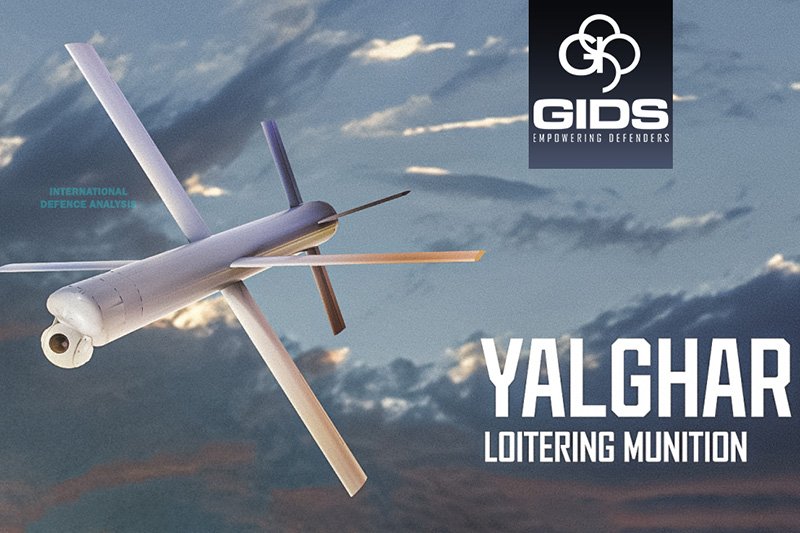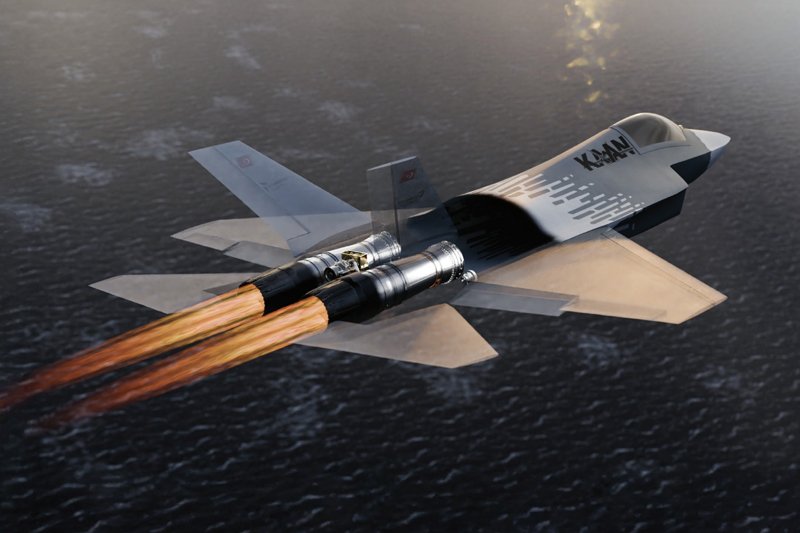Russia Unveils Fiber-Optic Drone Launch Vehicle
Russian defense engineers have achieved a significant breakthrough with the development of an innovative fiber-optic drone launch vehicle designed to overcome electronic warfare challenges on modern battlefields. The groundbreaking system, known as the Dronobus, represents a major advancement in unmanned systems technology, utilizing fiber-optic drone launch vehicle capabilities to maintain secure communications in contested environments. This cutting-edge platform addresses critical vulnerabilities that have plagued traditional drone operations, offering enhanced operational flexibility and resistance to enemy jamming attempts.
The Dronobus system integrates sophisticated hardware and software components to create a comprehensive unmanned ground platform. Developed by the Scientific and Technical Center “Kornei,” this innovative vehicle combines transportation, launch, and control capabilities into a single versatile platform. The system’s unique design allows for seamless integration of multiple operational functions while maintaining the security advantages of fiber-optic communications throughout all phases of deployment.
Traditional drone operations face significant vulnerabilities from GPS spoofing and radio-frequency jamming, particularly in high-intensity conflict zones. The Dronobus addresses these challenges through its revolutionary fiber-optic control system, which maintains hardwired connections to both the launch platform and deployed drones. This technological approach provides immunity to electronic warfare tactics that have proven effective against conventional radio-controlled unmanned systems.
The Dronobus demonstrates remarkable operational flexibility with its extended range capabilities. The unmanned platform can travel up to 10 kilometers from its starting position before deploying its drone payload, while the launched UAVs can operate at distances up to 15 kilometers from the launch point. This combined operational envelope of 25 kilometers provides commanders with substantial tactical flexibility while maintaining secure fiber-optic communications throughout the mission.
Beyond its primary drone launch capabilities, the Dronobus serves as a versatile cargo transport platform capable of carrying payloads up to 150 kilograms. This dual-purpose design maximizes the platform’s utility in various operational scenarios, from resupply missions to equipment deployment. The substantial cargo capacity enables the system to support extended operations while reducing the logistical footprint required for mission support.
The Dronobus platform demonstrates exceptional environmental resilience, designed for year-round operations across diverse climatic conditions. The system maintains full operational capability in temperature ranges from -20°C to +40°C, ensuring reliable performance in harsh weather conditions. This environmental adaptability makes the platform suitable for deployment across Russia’s vast territorial expanse and various international operational theaters.
The integration of fiber-optic technology into mobile drone launch systems offers significant strategic advantages in contemporary warfare. Unlike traditional radio-controlled systems, fiber-optic communications cannot be jammed or intercepted using conventional electronic warfare techniques. This technological immunity provides operational commanders with reliable unmanned capabilities even in heavily contested electromagnetic environments where traditional systems might fail.
The Scientific and Technical Center “Kornei” continues demonstrating Russia’s commitment to advancing unmanned systems technology through innovative engineering solutions. The company’s presentation at the “Unmanned Systems: Technologies of the Future” forum highlights ongoing efforts to maintain technological competitiveness in the rapidly evolving unmanned systems sector. These developments reflect broader trends in defense technology toward more resilient and adaptable platforms.
The Dronobus development responds directly to challenges observed in current military operations, where electronic warfare has significantly impacted traditional drone effectiveness. GPS spoofing and radio-frequency jamming have become standard tactics in modern conflicts, necessitating alternative communication methods. The fiber-optic approach provides a proven solution to these evolving threats while maintaining operational effectiveness.
Also read this: Chinese Navy Advances New Carrier-Based Trainer Jet
This technological advancement signals potential shifts in unmanned systems design philosophy, prioritizing communication security over traditional wireless convenience. The success of fiber-optic drone control systems may influence future development programs worldwide, as military organizations seek solutions to electronic warfare vulnerabilities. The Dronobus platform establishes important precedents for integrating secure communications into mobile unmanned systems.
The development of Russia’s fiber-optic drone launch vehicle represents a significant advancement in unmanned systems technology, offering enhanced operational capabilities while addressing critical vulnerabilities in modern electronic warfare environments. Through innovative engineering and strategic design choices, the Dronobus platform establishes new standards for secure, reliable drone operations in contested environments.
Join us on Facebook, Twitter, YouTube, Instagram, and TikTok for real-time coverage of defense events worldwide.
Discover more from International Defence Analysis
Subscribe to get the latest posts sent to your email.












